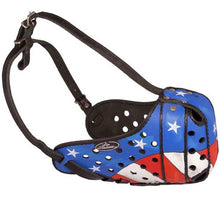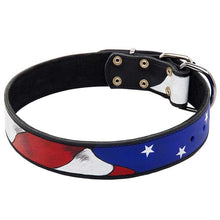The Benefits Of Feeding Your German Shepherd Eggs

In recent years the ‘incredible edible raw egg’ has got a bad rap. Fears over salmonella poisoning and high cholesterol have dog owners running from eggs. Which is unfortunate since eggs are highly digestible, affordable, a perfect source of protein.
According to the US Department of Agriculture, about 1 in 30,000 eggs is contaminated with salmonella, which means the risk of poisoning is pretty low but still possible since eggs can easily contain bacteria that they pick up in the hen’s ovaries before the shells are formed.
Can dogs safely eat raw eggs?
Many dog owners are fearful over feeding raw eggs to dogs for fear of salmonella poisoning and of causing a biotin deficiency, since raw egg white can inhibit the absorption of biotin, due to an enzyme called avidin.
Biotin is vitamin B7, also called vitamin H. The signs of biotin deficiency include, anemia, dry coat, lethargy, and skin lesions.
Biotin is responsible for digestion, growth, enabling your dog to use glucose as energy, and muscle formation. This vitamin is water soluble so any excess leaves your dog’s body when he urinates since it’s not stored in the tissues.
For all the egg white fans out there, it is interesting and important to note that according to Dr. Karen Becker, DVM, the yolks of eggs are one of the highest sources of biotin in nature so consuming eggs whites only increases the risk of biotin deficiency and this is true in humans as well as dogs.
But, despite all this, dogs can safely eat raw eggs!
Are raw eggs healthy for dogs?
Before we get to how you can safely feed your dog raw eggs, let’s take a look at the nutritional value of eggs. Eggs contain everything needed to support life and raw eggs contain twice the nutritional value of cooked eggs, including:
- Riboflavin
- Folate
- Vitamin A
- Vitamin B12
- Iron
- Selenium
- Fatty Acids
- Antioxidants
- High in amino acids, the building blocks of protein
How to safely feed raw eggs to dogs
As with any food handling, there are things you can do to reduce the risk of infection and eggs are no exception.
- Wash eggs
- Keep refrigerated
- Only feed fresh eggs
- Feed pasteurized eggs, which have been heated to kill salmonella
The easiest way we’ve found to quickly cook the eggs while leaving the yolk raw:
- Add 1 -2 tablespoon of water to a soup bowl (ceramic, not plastic)
- Crack egg into bowl
- Microwave on high 25 – 35 seconds (depending on your microwave)
If you want to poach the egg using the conventional method, follow the above directions only slip the ceramic bowl (or ramekin) into simmering (not boiling) water. Your water should be high enough to cover the bowl with two inches of water. Swirl the water so it moves around like a vortex, cover with a lid and remove from heat. As soon as the egg whites are cooked (about 1 ½ minutes) remove from the water.
This should leave you with a perfectly poached egg with firm whites and a raw yolk. Scrambling eggs is the worst way to cook them as it oxidizes the cholesterol in the egg yolk.
Most raw feeders believe the benefit of feeding your dog totally raw eggs (including whites) outweighs the risks since some of the nutrition is lost during cooking, since the digestive system in dogs is equipped to handle raw food.
How many raw eggs can a dog eat?
A normal, healthy dog should be able to eat a few eggs a week without digestive upset.
Egg shells are healthy for dogs
Egg shells are also a great supplement to your dog’s diet, especially for dogs that don’t regularly eat raw bones. You can simply feed the raw egg with the shell or clean and dry the shells then grind or crush and sprinkle into your dog’s food. If you plan on feeding shells, getting organic or farm fresh eggs are a good alternative to store bought, which may have been contaminated with chemicals. If you do feed store bought, you can boil the shells first or wash carefully.
Here is a simple tasty egg treat for your dog to enjoy: Simply soft boil an egg, let cool, fracture all over shell by rolling on counter-top, and feed. Or peel if you prefer.
























